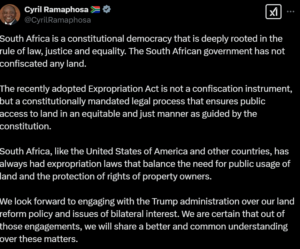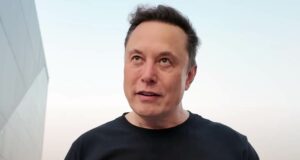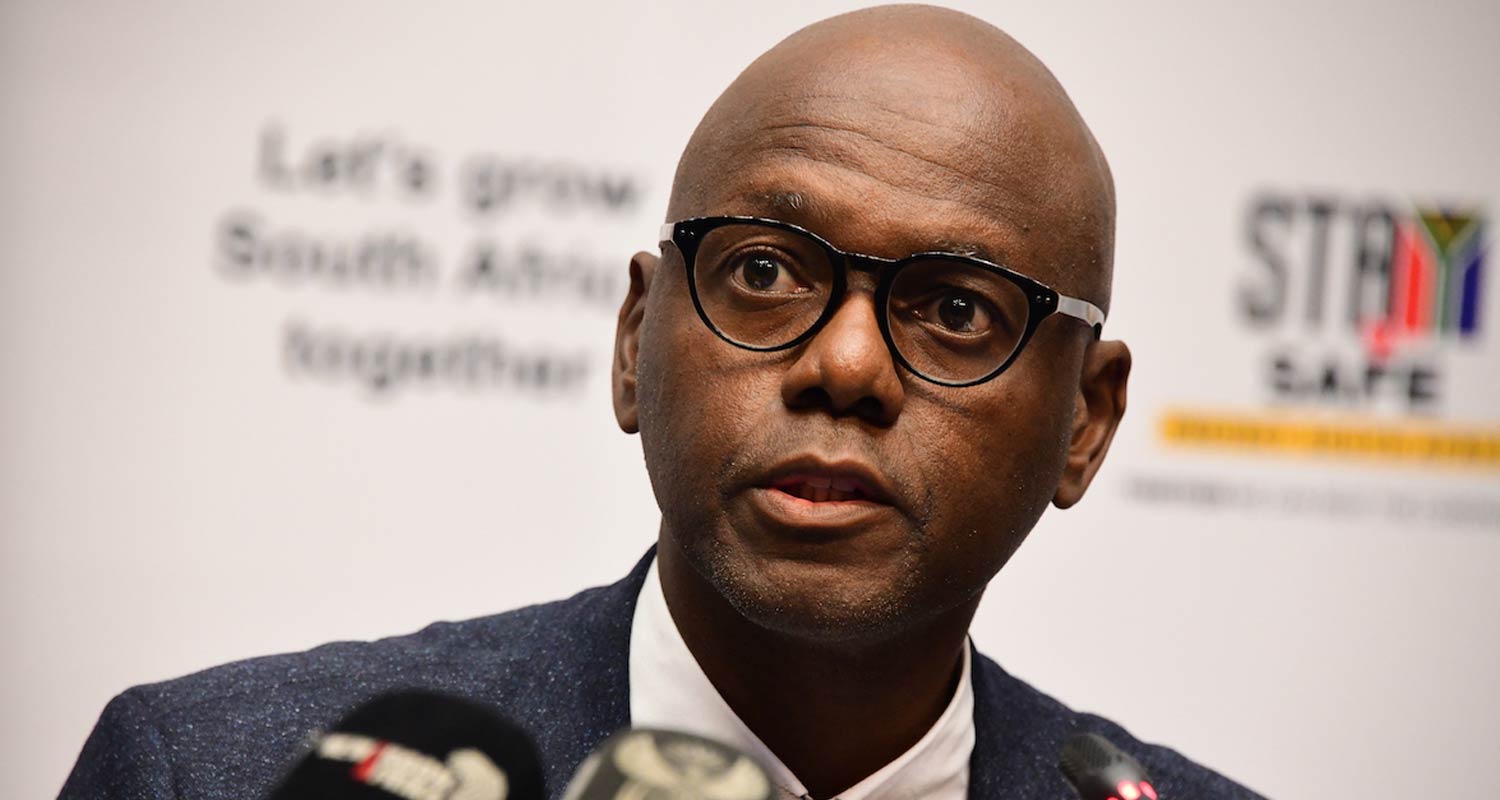adverts
South Africa’s Starlink Licensing Talks Stall Amid Tensions with US
Negotiations over the licensing of SpaceX’s Starlink satellite internet service in South Africa have encountered significant delays, as rising tensions between the country and the United States, particularly surrounding the Trump administration and the views of SpaceX’s CEO, Elon Musk, have put the process on hold.
The stalled talks come despite SpaceX’s ongoing interest in expanding Starlink’s reach into South Africa, one of the most promising markets for satellite broadband in Africa.
SpaceX’s bid to launch Starlink in South Africa has been entangled in a complicated licensing process. The company had hoped to secure approval from the Independent Communications Authority of South Africa (ICASA), the nation’s communications regulator, for a license to provide satellite internet.
adverts
However, the delay in negotiations stems from SpaceX’s request for an exemption from the country’s 30% local shareholding requirement, which is part of South Africa’s broader Black Economic Empowerment (B-BBEE) policies aimed at redressing historical inequalities.
The 30% local shareholding rule mandates that foreign companies seeking to operate in South Africa must sell a portion of their business to “historically disadvantaged” South Africans.
SpaceX has argued that such a requirement could inhibit its ability to enter the South African market and is proposing an alternative in the form of “equity equivalents”—investments in social programs aligned with the B-BBEE guidelines, rather than requiring a direct sale of shares to local stakeholders. These equity equivalents would help further economic empowerment goals without forcing foreign companies into uncomfortable ownership structures.
South African Communications Minister Solly Malatsi had previously supported a revision of ICASA’s licensing regulations to allow for such equity equivalents to prevent discouraging foreign investors in the country’s telecommunications sector.
However, the political climate has shifted, and the dialogue around SpaceX’s application has become increasingly contentious.
The discussions took a sharp turn when Elon Musk, a prominent figure with deep political ties to the United States, publicly criticised South Africa’s ownership laws. On his social media platform, X (formerly Twitter), Musk questioned the country’s “openly racist ownership laws” in a post targeting President Cyril Ramaphosa’s policies.


This public statement heightened tensions and contributed to SpaceX’s decision to withdraw from a public hearing in early February 2025, where it was set to present its case to ICASA.
Musk’s comments struck a nerve in South Africa, where the political climate surrounding race and inequality remains sensitive.
The government’s stance is that it will not entertain investments from individuals or corporations whose views undermine the country’s efforts to address past racial injustices. Vincent Ngwenya, spokesperson for President Ramaphosa, remarked that South Africa would not pursue investments from figures like Musk if they continued to propagate what he called “unprogressive and racist views.”
SpaceX’s withdrawal from the ICASA hearings has raised serious questions about the future of its ambitions in South Africa.
The company, which aims to provide high-speed internet access to remote and underserved regions through its satellite network, has argued that its business model is incompatible with South Africa’s rigid shareholding regulations.
According to SpaceX, satellite operators who provide direct-to-consumer services globally often have policies that prevent local shareholding, which in turn creates a significant barrier to entry in markets like South Africa.

In its submission to ICASA, SpaceX urged the regulator to align the licensing framework with the broader ICT sector code, which recognises equity equivalent programs.
The company argues that such changes would not only make it easier for foreign satellite operators to enter South Africa’s market but would also help promote long-term investment, innovation, and competition in the country’s telecommunications sector.
However, despite the arguments made by SpaceX, the South African government has shown little willingness to back down. Government officials have made it clear that foreign companies must adhere to the country’s empowerment policies, and any changes to the current system would require careful consideration of the broader economic and political implications.
SpaceX’s difficulties in securing a license to operate in South Africa reflect broader challenges in the country’s foreign investment climate.
South Africa, one of Africa’s largest and most developed economies, has long sought to attract international investment in various sectors, including telecommunications, mining, and energy. However, the country has also faced criticism for its strict empowerment laws, which some foreign investors have seen as barriers to doing business.
Despite this, South Africa has been able to attract significant investment from countries like China, which has poured resources into the country’s mining and infrastructure sectors.
However, these investments have come with their own set of challenges, including debt concerns and environmental criticisms. In particular, Chinese mining activities in the country have been criticised for contributing to environmental degradation.
With SpaceX’s application now stalled and tensions running high between the parties involved, the future of Starlink’s launch in South Africa remains uncertain. While some industry experts believe that a compromise may still be reached, others warn that political tensions could permanently derail the deal.
For South Africa, the decision on Starlink’s licensing could have broader implications for future foreign investments, especially in the tech and telecommunications sectors.
The country’s approach to balancing local empowerment with the need for foreign capital will likely be tested in the coming months, as companies like SpaceX continue to navigate an increasingly complex regulatory environment.
While Starlink’s potential to improve internet access in South Africa is significant, particularly in rural and underserved regions, the ongoing negotiations highlight the tension between economic growth and the principles of social justice and economic transformation. Whether these tensions can be resolved or whether they will ultimately lead to a cooling of relations remains to be seen.
Click the link Puretvonline.com | WhatsApp Channel to join the WhatsApp channel
GOT A STORY?
Contact/WhatsApp: +233243201960 or Email: manuelnkansah33@gmail.com


